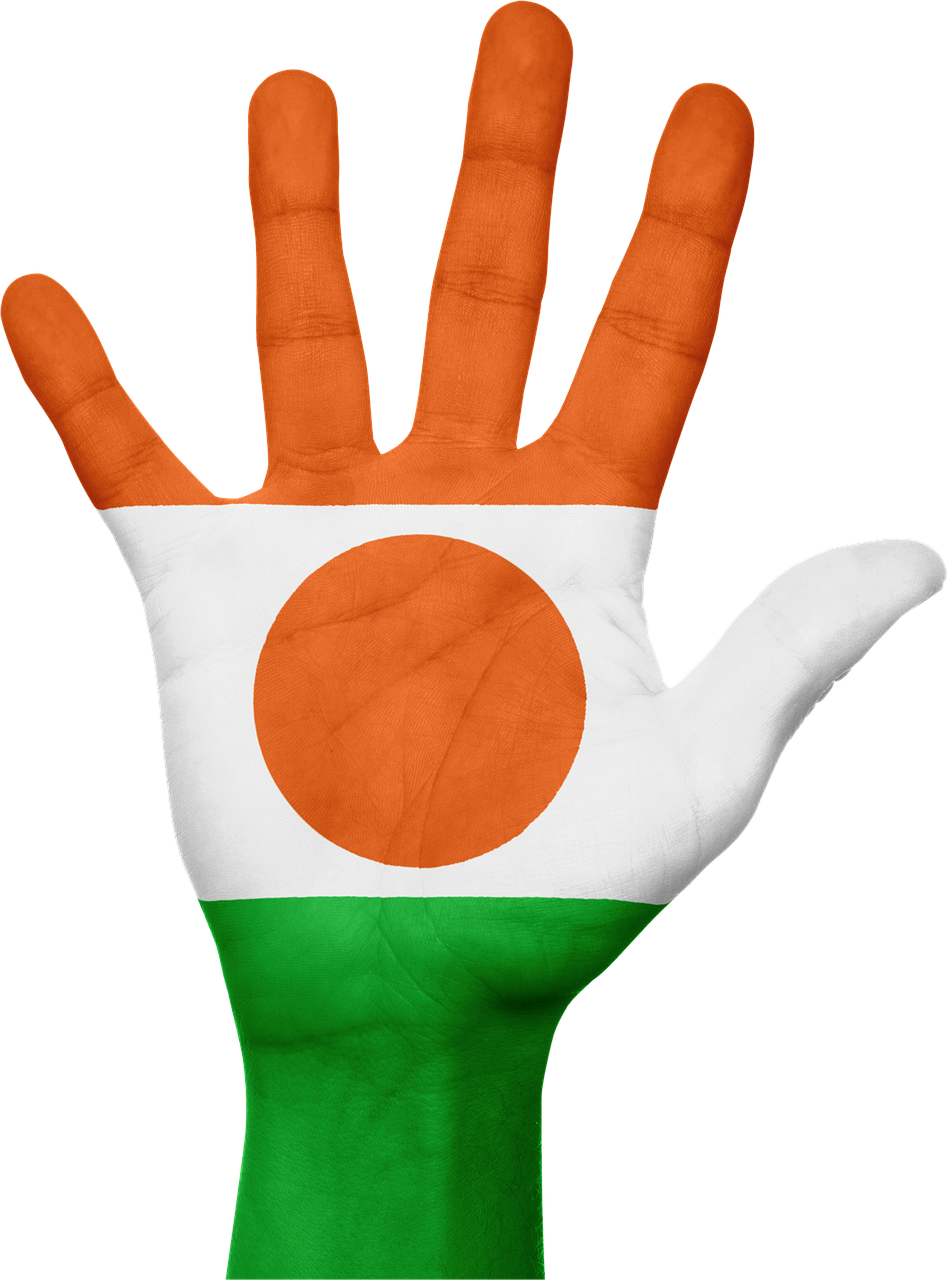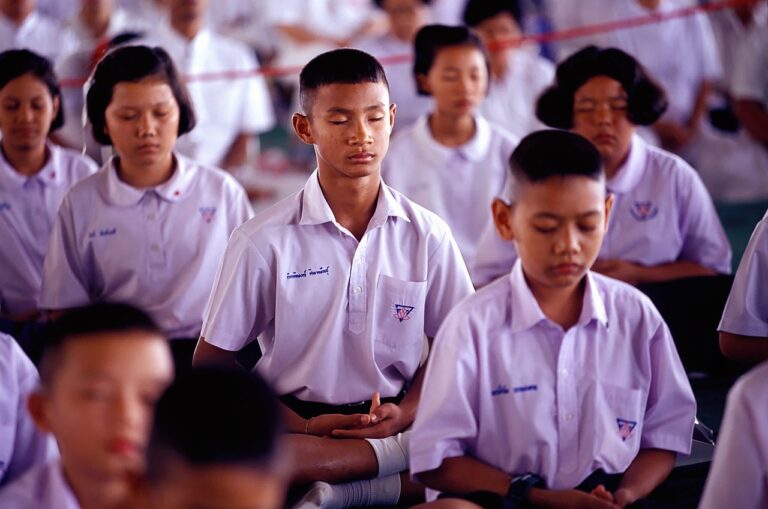
Niamey/Washington/New York/ Moscow: After the July 26, 2023, coup, the military rulers of Niger now say that they would try former President Mohamed Bazoum. This invited criticism from the United States as well as the United Nations Secretary-General António Guterres, while Russia spilled the beans, accusing the West of “hypocrisy and double standards”.
In New York, Stéphane Dujarric, the spokesperson for the UN Secretary-General, called it a “worrying declaration”, and told media persons, “We remain extremely concerned about the state of being, the health and safety of the President and his family. And again, we call for his immediate and unconditional release. And his reinstatement as Head of State, of course”.
In Washington, the US State Department stated the action to try President Bazoum was completely unwarranted and unjustified, and will not contribute to a peaceful resolution of the crisis. “We are incredibly dismayed by the reports that President Bazoum’s unjust detention has gone an even step further, and now that the CNSP [National Council for the Safeguard of the Homeland] is threatening prosecution…a threat like this underscores the urgency of respecting the constitutional order in Niger,” Vedant Patel, Principal Deputy Spokesperson, US Departement of State, said.
Also read: Why is the USA wary of the coup in Niger?
Interestingly, amid US apprehension that Russia’s Wagner Army was “taking advantage” of instability in Niger, Russian Foreign Minister Sergey Lavrov today accused the West of directly provoking crises in various parts of the world. It may be recalled the in recent past, soon after withdrawing from the Black Sea Grain Initiative, Russian President Vladimir Putin accused the United Nations of “literally lying to the whole world, saying matter-of-factly that Russia is supposedly to blame for the failure of this deal”.
At the 11th Moscow Conference on International Security today, Lavrov quipped: “Look how unanimously the West is reacting to the state coup in Niger, demanding restoration of democracy by virtually any means”. He remarked: “In February 2014, the overthrow of the legitimate president via a bloody coup (in Ukraine), a day after the EU-guaranteed settlement agreement was reached, did not evoke any negative reaction in the West.” He recalled that a few days after the state coup, the then US Secretary of State John Kerry, said that indeed there was a legitimate president but the people had withdrawn their support for him, so this was a “manifestation of democracy.”
“There are endless examples of hypocrisy and double standards like this, “Lavrov said and accused the “Western geopolitical engineers” of “directly provoking crises” in various parts of the world. “They are following the controlled chaos concept in order to fish in troubled waters. There is a lot of evidence of this,” Lavrov said, and claimed that this was a “crude violation of the UN Charter principle on non-interference in internal affairs”. He added that to provide a political and ideological cover-up for their “neocolonialist, racist line and enhance their own hegemony”, the Western capitals were “stubbornly trying to replace international law, which they violate every hour, with the “rules-based order”.
Meanwhile, the Economic Community of West African States (ECOWAS), apparently diluted its stand of using force to ensure Bazoum’s restoration as President, after the military rulers reportedly warned of even killing Bazoum in case of any military intervention. ECOWAS, even as it mentioned activating a standby force, clarified that military intervention would only be a last resort.
Patel said the US agreed with the decision of ECOWAS, which “has shown immense leadership throughout this crisis”, to be focused on finding a diplomatic solution. “At the end of the day, we are all in alignment that we want a peaceful resolution to this crisis and the preservation of constitutional order in Niger,” he said.
In New York, Dujarric informed that the UN Special Representative for West Africa, Leonardo Santos Simão, was in Nigeria’s capital city Abuja. “He continues to work very closely with ECOWAS and the AU (African Union). It’s very important that the UN, the regional organizations, subregional organizations present a united front, which we would hope will move to the reversal of the situation,” he said.
Last week, 22,000 people in the Maradi region, in the centre of Niger, received cash assistance and food items, Dujarric informed. ‘We and our humanitarian partners are also working with de facto authorities to identify and prepare a site to accommodate about 13,000 internally displaced people in Ouro Gueladjo, in the Tillabéri region. These people were displaced from several villages in that region in mid-July, before the current political crisis,” he said.
– global bihari bureau





